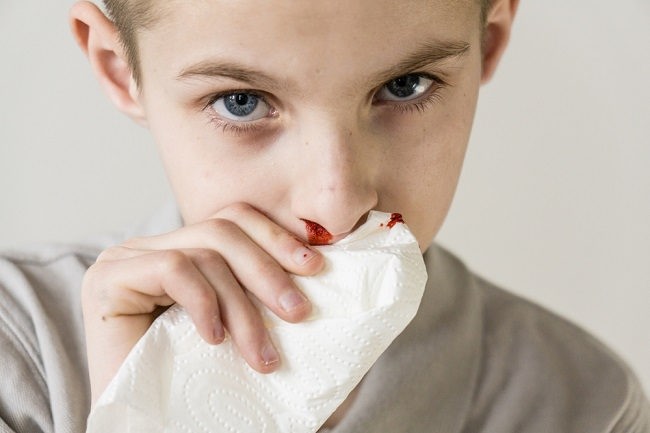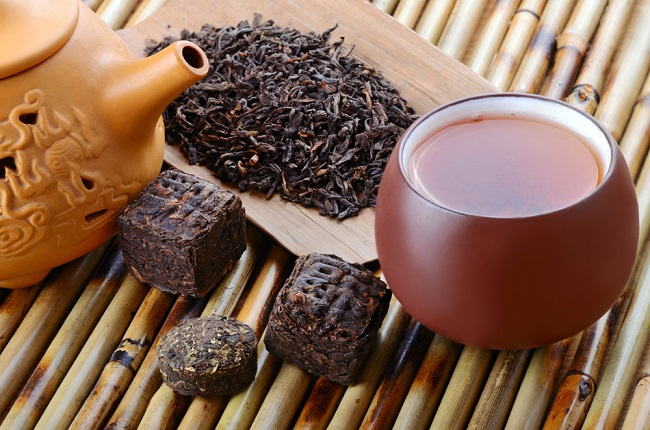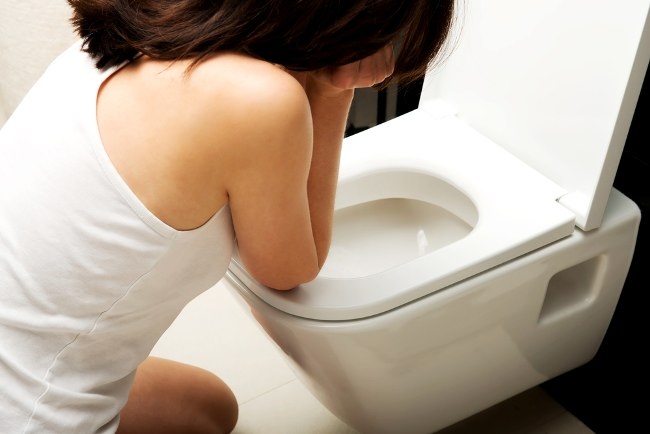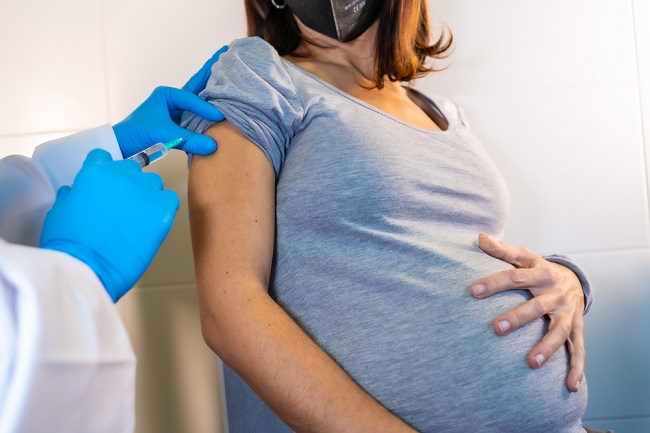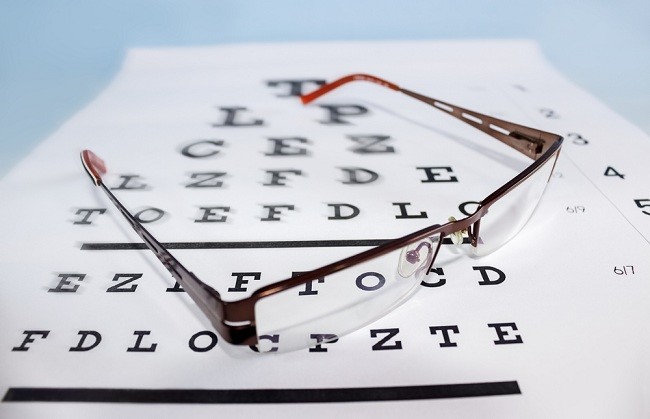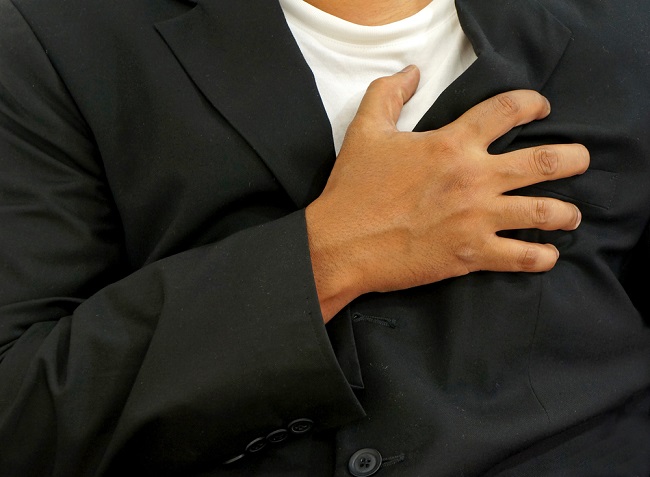Excessive sweating of hands is a medical condition called hyperhidrosis. Even so, that does not mean sweaty hands are always a sign of hyperhidrosis. It is normal for sweaty hands to occur due to several other factors, for example due to physical activity in hot air.
You don't have to worry too much because excessive sweating is usually harmless. Normally, sweat glands will secrete sweat fluid to the surface of the skin when the air is hot. Sweat fluid is also produced when a person is exercising, nervous, stressed, restless, or has a fever.

Various Causes of Sweaty Hands
Excessive sweating of certain areas of the body for no apparent reason is called primary hyperhidrosis. Unlike people in general, a person with hyperhidrosis can sweat excessively even though he is not hot.
This condition generally occurs when the eccrine sweat glands are active. Eccrine is the most numerous sweat glands in the body. Most eccrine is on the palms of the hands, feet, face and armpits. These eccrine sweat glands can be activated as a result of activation by nerves. The cause is uncertain, but it is possible that it is influenced by heredity.
Apart from nerve activity, sweaty hands can also be caused by psychological factors. This condition makes the nervous system work excessively, one of which is marked by excessive sweating of the palms. You may experience other symptoms such as difficulty concentrating, anxiety, restlessness during sleep, and more frequent bowel movements or urination. Symptoms like these can also occur when a person's thyroid gland is overactive.
Overcoming Sweaty Hands due to Primary Hyperhidrosis
As previously explained, primary hyperhidrosis can be one of the causes of sweaty hands. Below are some steps that can be taken in an effort to treat primary hyperhidrosis:
- Using oanticholinergic drugs
Anticholinergic drugs work by affecting nerve signals to the sweat glands. This drug is not necessarily suitable for use by everyone, because this drug has many side effects such as urinary tract disorders, blurred vision, and heart palpitations.
- Taking medicine antiperspirantAntiperspirant containing aluminum can help control excessive sweating. Doctors usually prescribe products that contain high doses of aluminum to be applied to areas of the body that sweat at night. However, keep in mind that antiperspirant can cause skin irritation and cannot limit sweat production.
- Iontophoresis treatment
Iontophoresis treatment uses a mild electric current to temporarily stop the sweat glands from working. This therapy usually lasts for 10-30 minutes. This method is claimed to be the most effective way to stop excessive sweat production in the hands and feet.
- Botox injections
Botox injections can be an alternative treatment method to treat primary hyperhidrosis. In this procedure, the doctor will inject Botox in certain parts of the body with sweat glands that are considered overactive, for example in the area around the armpits, palms of the hands, or on the soles of the feet.
- OperationSurgery is the last resort for treating severe hyperhidrosis, especially in the hands and armpits. With surgery on the chest, the nerves that control the sweat glands of the hands are removed. A side effect after surgery is that excess sweat moves to other areas of the body, such as the groin or chest. Another risk is nerve disorders and bleeding in the chest.
Sweaty hands are normal under certain conditions. However, if sweaty hands are interfering with daily activities, it's a good idea to see a doctor to find out the cause and proper treatment steps.
